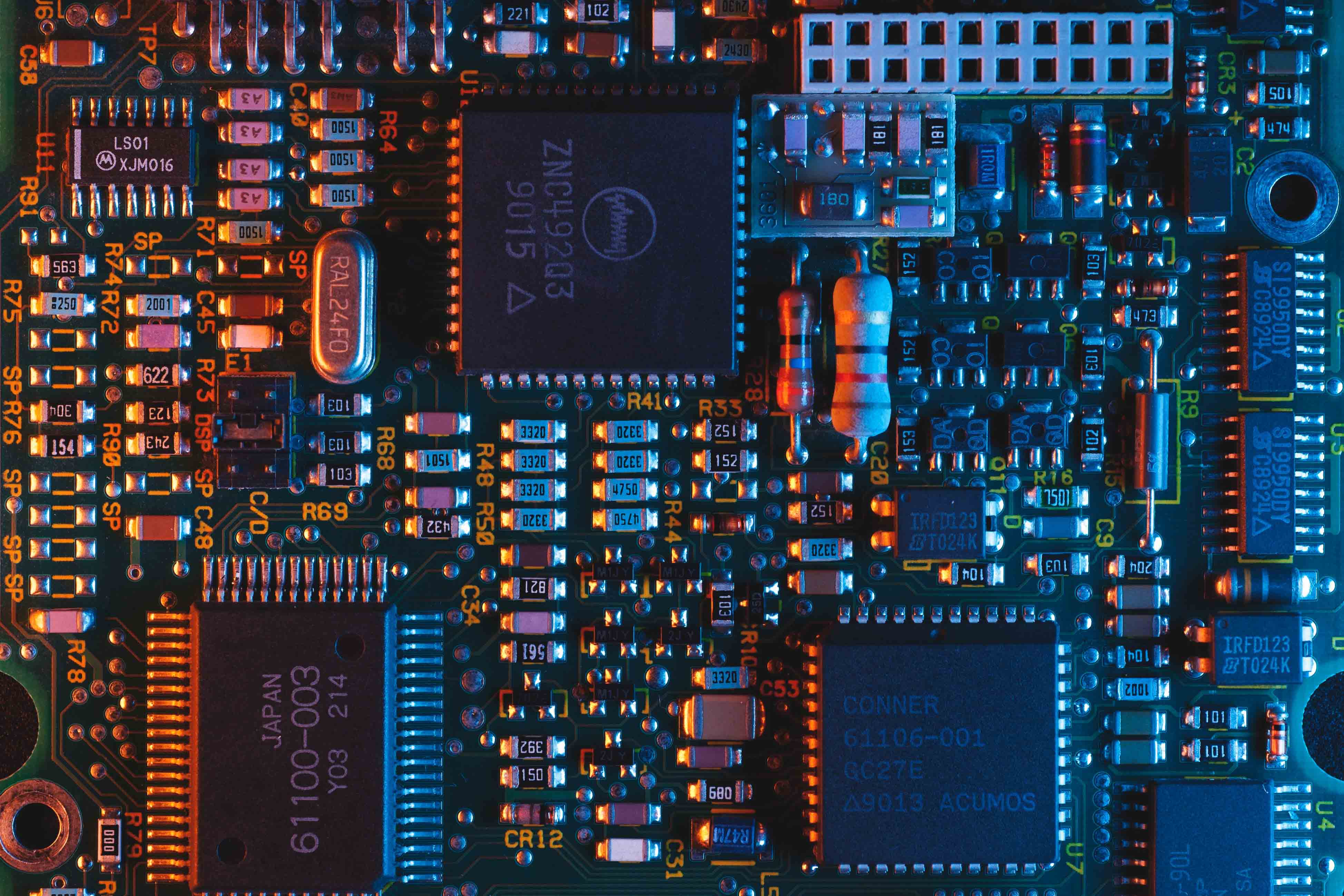For more inquiries
DURATION
4 Year(s)
LANGUAGE
English
LOCATION
Residential Campus
Intake
March
September
September
Mode Of Study
Full-time
Format
In-person
Advanced Manufacturing and Mechatronics - RMIT University, Australia
Are you ready for an exciting career which lets you design, build and implement smart mechatronic systems which can be deployed within a wide range of engineering companies? In the Bachelor of Engineering (Advanced Manufacturing and Mechatronics) (Honours) degree, you will learn about mechatronics, robotics, advanced materials, automated systems and the simulation and modelling of manufacturing processes.
As automation replaces people in various industry sectors, engineers with experience in robotics and mechatronics will be sought after. This degree will prepare you to work in a wide range of industries and as an RMIT graduate, you’ll demonstrate skills across mathematics, engineering, mechatronics, design and creativity. You’ll also be able to communicate your ideas to others, as well as continue to learn as a professional engineer.
The programme allows our students to read the first two years of their degree at SLTC & graduate from RMIT University. Under this 2+2 programme with RMIT University, students who have successfully completed two years of specified undergraduate programmes at SLTC.

WANT TO KNOW MORE?
Discover additional information about the program
this programme
IS FOR INDIVIDUALS WHO ARE…
Possessing a strong background in mathematics, physics, and science
Creative problem solvers with an interest in robotics, machines and automation
Enjoying designing and building automated systems and developing innovative technologies
LOOKING FOR…
A globally recognised undergraduate degree
Opportunities to work closely with the industry
A hands-on innovative learning process
Global internship opportunities
Engage in groundbreaking research at the forefront of the discipline
TO BECOME
A mechatronics engineering professional serving diverse industries across the globe
Qualified to enter a field of great demand with lucrative global employment opportunities
Eligibility Criteria
General intake
The entry requirement is a minimum of 3 ordinary passes (S) in approved subjects in the Physical Science stream at GCE A/L. Examinations in one and the same sitting and a minimum mark of 30% for the Common General Paper.
English language requirements when you are transferring to RMIT
IELTS (Academic): minimum overall band of 6.5 (with no individual band below 6.0) opportunities to tackle research projects in partnership with industry, like the Engineers Without Borders Challenge Scholarship. Bachelor of Engineering (Advanced Manufacturing and Mechatronics (Honours)
RECOGNITION
IN LINE WITH THE WASHINGTON ACCORD
The curriculum of this degree programme is in line with the Washington Accord

MEMBER OF ACU
SLTC Research University is a member of the Association of Commonwealth Universities

Frequently Asked Questions
- Does SLTC provide internship opportunities for students?
- Absolutely! SLTC is committed to enhancing your educational experience, and we offer internships to all our students through our dedicated Office of Industry Liaison. Our internship programs are designed to provide valuable real-world exposure, bridging the gap between academia and industry.
- Are there on-campus accommodation facilities available?
- Yes, we understand the importance of a comfortable and secure living environment for our students. SLTC provides both on-campus and off-campus hostel facilities. To secure your accommodation, please visit www.hostels.sltc.ac.lk and make a reservation at your convenience.
- Are there any scholarship opportunities at SLTC?
- Certainly! SLTC is proud to present ENTECH, a merit-based scholarship program. This initiative aims to recognize and support exceptional students. For detailed information on eligibility criteria and application procedures, feel free to contact us at 0112 100 500. Investing in your education is an investment in your future, and we are here to help you succeed.
- What is the application and admission procedure at SLTC?
- To embark on your academic journey with SLTC, the process is straightforward. Simply complete the application form and submit it along with the required documents. Additionally, a registration fee is applicable to secure your admission to the chosen program. We believe in making the admission process as smooth as possible, ensuring you can focus on what matters most – your education.
PROGRAMME CURRICULUM

WANT TO KNOW MORE?
Discover additional information about the program
Academic panel
Download the student handbook
Check Herecourse fees
Call us on 0112100500 or 0117999000 for updated prices.

WANT TO KNOW MORE?
Discover additional information about the program

People's Bank
Account name: SLT Campus (Pvt) Ltd
Account No: 204-1001-00008426

NDB Bank
Account name: SLT Campus (Pvt) Ltd
Account No: 101000613388

Seylan Bank
Account name: SLT Campus (Pvt) Ltd
Account No: 0670-13076403001
Your future path

WANT TO KNOW MORE?
Discover additional information about the program

